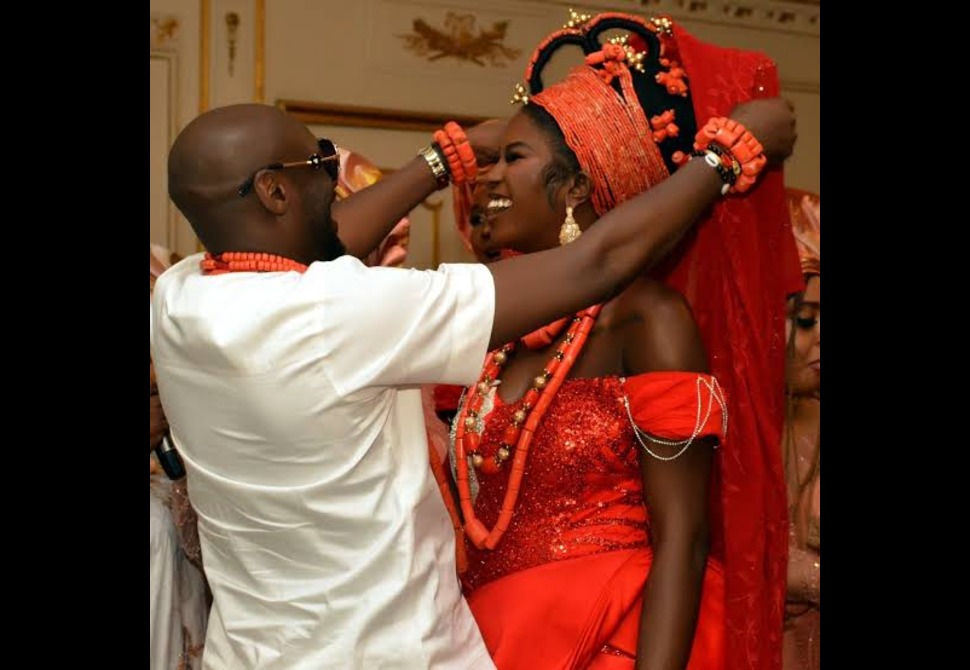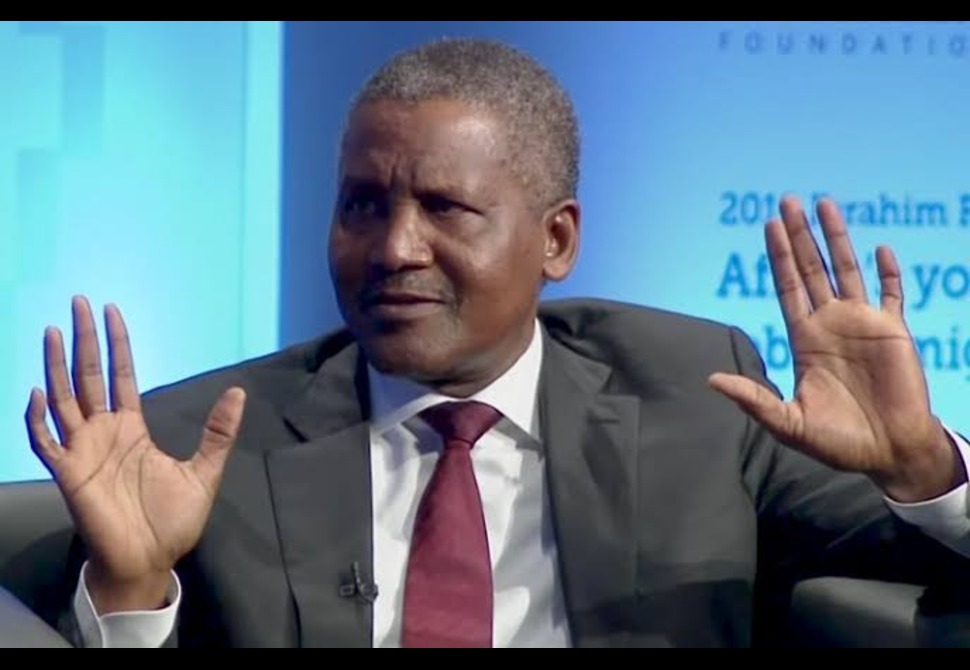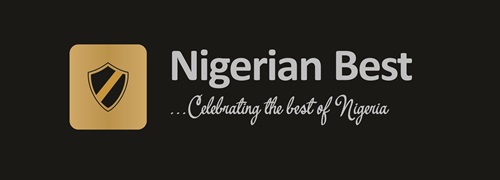Ethnicities And Linguistic Map of Nigeria
Nigeria is home to a wide array of ethnic groups, each with its own unique culture, language, and traditions. Nigeria is home to over 250 ethnic groups, and the population of some of these ethnic nationalities is larger than that ofmany countries. With respect tomany of these ethnic tribes that are not listed here for space reasons, here are some of the most prominent ethnic groups in Nigeria:
1. Hausa:
Predominantly found in the northern region, the Hausas are known for their rich cultural heritage, trade, and agricultural practices.
2. Fulani:
Nigeria is home to a wide array of ethnic groups, each with its own unique culture, language, and traditions. Nigeria is home to over 250 ethnic groups, and the population of some of these ethnic nationalities is larger than that ofmany countries. With respect tomany of these ethnic tribes that are not listed here for space reasons, here are some of the most prominent ethnic groups in Nigeria:
3. Yoruba:
The Yorubas are located mainly in the southwest, the Yoruba are renowned for their art, music, and rich traditions, including vibrant festivals and celebrations.
4. Igbo:
Primarily found in the southeast, the Igbo are known for their entrepreneurial spirit, cultural festivals, and strong community ties.
5. Ijaw:
Inhabiting the Niger Delta region, the Ijaw people are recognized for their fishing and farming lifestyles, as well as their unique cultural practices.
6. Kanuri:
Primarily located in the northeastern part of Nigeria, the Kanuri have a rich history and are known for their involvement in trade and agriculture.
7. Tiv:
Residing in the Middle Belt region, the Tiv are known for their agricultural practices and vibrant cultural traditions, including dances and festivals.
8. Ibibio:
Found in the southeastern region, the Ibibio people are known for their unique language and cultural practices, including masquerade festivals.
9. Efik:
Also located in the southeastern part of Nigeria, the Efik are known for their rich culinary traditions and cultural festivals.
10. Nupe:
Inhabiting the central region of Nigeria, the Nupe people are known for their farming and fishing practices, as well as their unique traditional crafts.
11. Gwari (Gbagyi):
Residing mainly in the central region, the Gwari people are known for their agricultural practices and traditional governance systems.
12. Idoma:
Inhabiting the Middle Belt region, the Idoma people are known for their rich cultural heritage and traditional festivals.
13. Bini (Edo):
Located in the southern region, the Bini people are known for their historical kingdom and artistic craftsmanship, especially in bronze works.
14. Egbira:
The Ebira people are found in north-central Nigeria,mostlyin Kogi and Nasarawa states. The Egbira people are known for their farming practices and cultural festivals.
15. Jukun:
(Njikum) are ethnic an ethno-linguistic group or ethnic nation in West Africa. The Jukun are mostly located in Taraba, Benue, Nasarawa, Plateau, Adamawa, and Gombe states in Nigeria and parts of Northwestern Cameroon. The Jukun people are predominantly farmers.
16. Igala:
The Igala people are predominantly found in north-central Nigeria, in Kogi state precisely though some Igala people can still be found in Adamawa, Anambra, Benue, Enugu, and Nasarawa states.Around 80% of the populationpractice farming. Both forest and savannah crops thrive on Igala soil very well.
17.Isoko:
Isoko people are an ethnolinguistic group that inhabit the Isoko region of Delta State and Bayelsa State, Nigeria. They are people of southern Nigeria, near the northwestern Niger Delta. The Isoko culture is related to several cultures in the Niger Delta – namely, Urhobo, Ijaw, and Anioma. The Isokos and Urhobo are very much related in language and culture.










